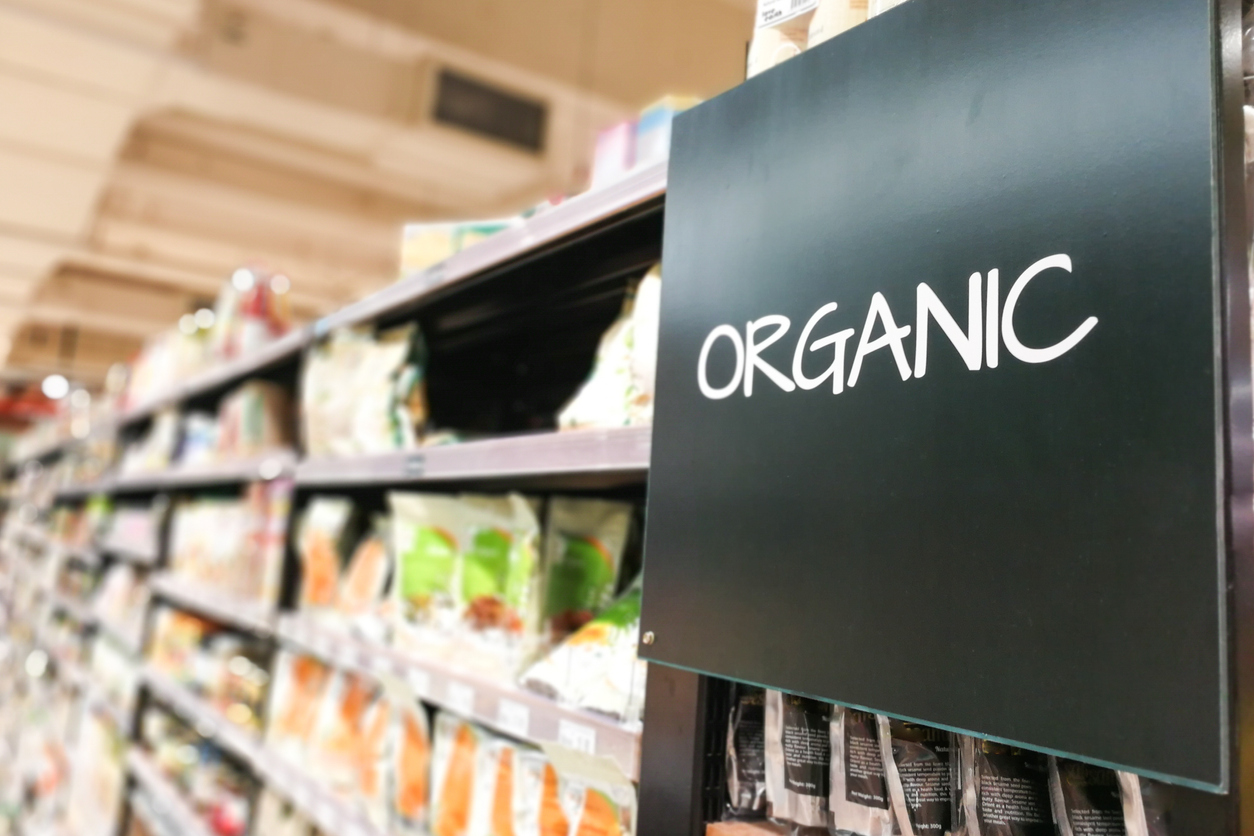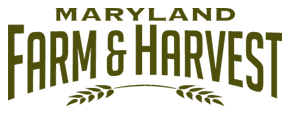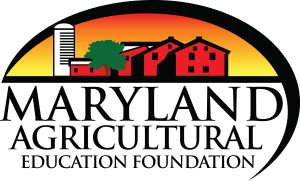Explore

Organic products section of at a supermarket
Did you know that pesticides are used in organic farming? Have you wondered if buying organic food is better for the environment than buying food produced conventionally?
There are various methods of organic farming. Organic agriculture is defined formally by the federal government. Organic does not mean the food is grown“without pesticides.” Instead, natural pesticides and synthetic pesticides are allowed in some cases. Alcohols, ethanol, chlorine and hydrogen peroxide are examples of some allowable synthetic substances allowed in organic production. Not all natural pesticides are less toxic than synthetic pesticides.
The United States Department of Agriculture (USDA) sets the standards for organic farming. The USDA prohibits the use of synthetic pesticides, synthetic fertilizers and genetically engineered plants or products. Even products that are grown organically outside of the United States and exported to the US must follow these regulations for production and processing of products. The price of organic food is generally higher than that of conventionally grown food.
As you watch the following video clip, think about the following questions:
- What are some benefits of organic farming?
- What do you think are the most powerful incentives for reducing the amount of chemical fertilizers and pesticides used to grow food?
Now that you have learned some of the basics about organic farming, let’s continue to build your understanding and make connections between various farming practices. Notice how farmer Joseph Howard uses technology and research to farm.








